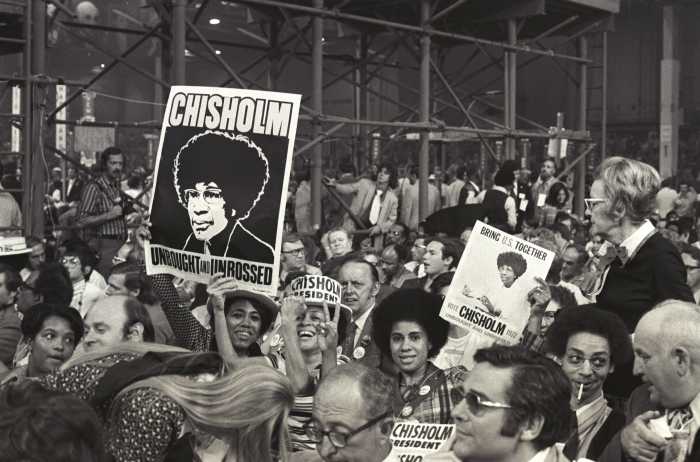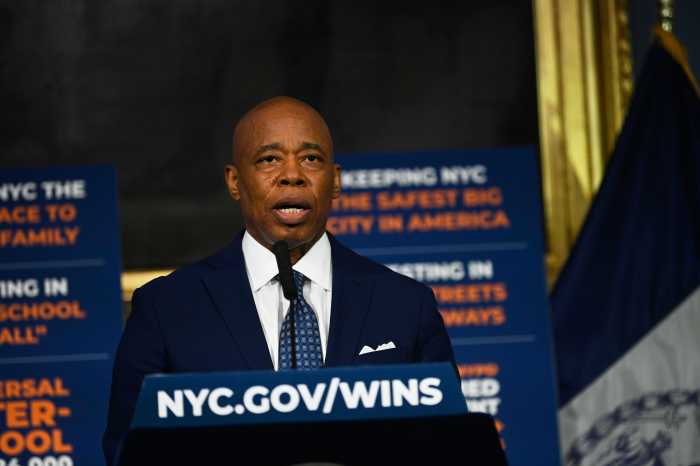With violent protests roiling Hong Kong and occupying more time and space in the news, the average news consumer is likely to pay more attention.
The former British colony descended into chaos on Monday when protesters barricaded roads. Air travel and public transit were paralyzed as a general strike hit the bustling Asian hub.
For nine weeks, protesters have defied China’s government with loud calls for full democracy and autonomy. Dozens of demonstrators were arrested by riot police and face potential rioting charges, which would escalate tensions between the protesters and the local government. On Tuesday, a spokesman for the Hong Kong and Macau Affairs Office of the State Council warned, “Those who play with fire will perish by it.”
The protests have broad implications for Americans and the world. Here is a bit of background.
Hong Kong is “ruled” by China under a semi-autonomous agreement set up in 1997. At the heart of the issue is China’s so-called “one country, two systems” model that was set up in the 1980s for territories like Macau and Hong Kong, which have their own governments and financial affairs but remain beholden to China’s Communist Party. In theory.
The wave of protests began in early June in a rebuke to a piece of draft legislation (now on hold) that would have allowed China to extradite suspects from Hong Kong. The measure drew wide condemnation domestically and from legal experts abroad, and pushback against the bill has mushroomed into a broader battle over democracy and freedom in Hong Kong.
What is at stake in Hong Kong is, on many levels, what is at state in U.S.-China relations — how big and bold is Beijing, and how much of the world does it aim to control? Hong Kong — a major global financial hub — is a microcosm of that larger geopolitical concern.
We will have to wait to see whether China’s heavy hand at home and abroad will mean its dominance is beyond economic and which domino may fall next.
For those who follow history, the proxy wars are back in vogue.
Tara D. Sonenshine, a former U.S. undersecretary of state, advises students at The George Washington University.































